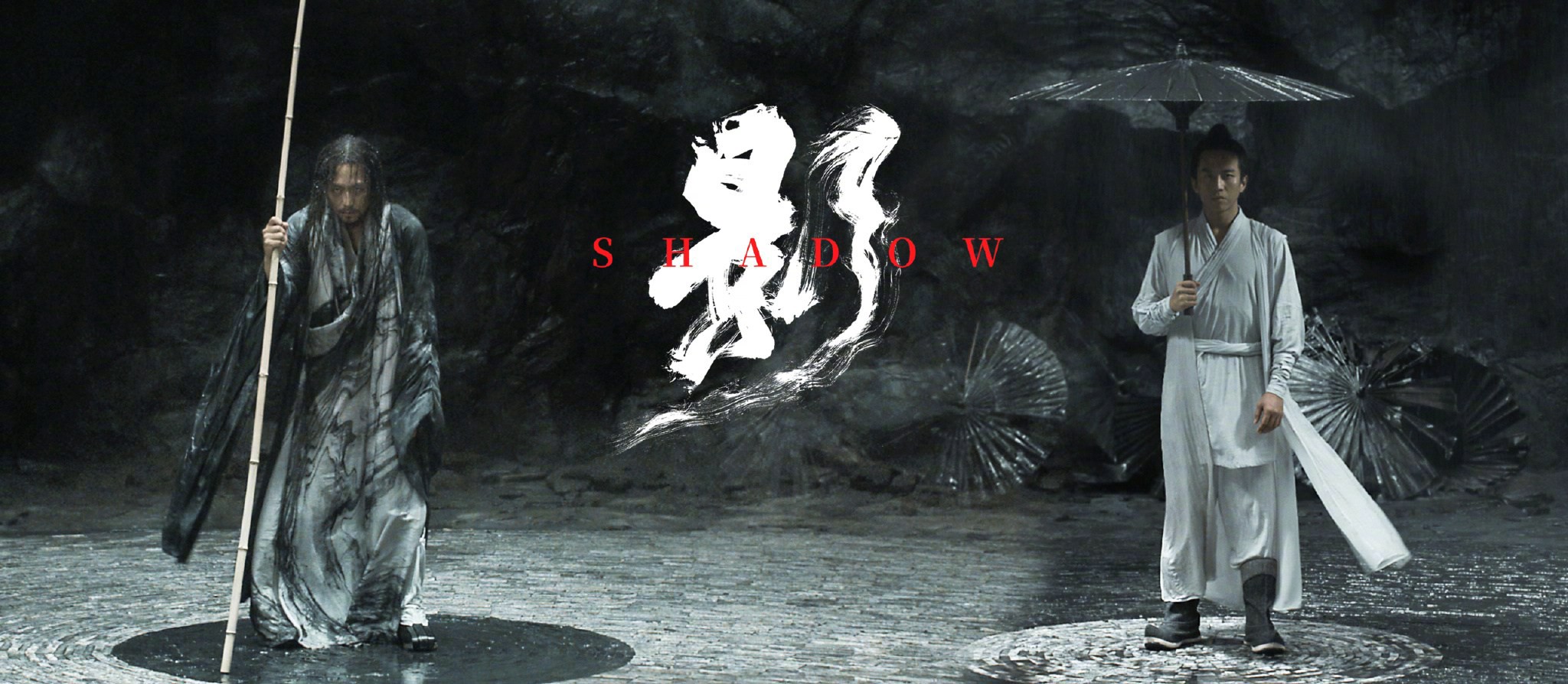Article by Janela Gaw
Edited by Regiena Siy
What is the real without its shadow? The film directed by Zhang Yimou answers this question throughout the narrative of Shadow. The film manages to create a balanced blend between drama, romance, and action, while also giving the audience a visual art form that represents its title.
Straying away from the usual formula of a period piece, the film brings a fresh perspective to the three kingdoms narrative by focusing on the two rival kingdoms Pei and Yang. The story focuses on a man named Jingzhou of the kingdom of Pei, who serves as a shadow for the real commander Ziyu (both played by Deng Chao) as they prepare for battle against the Yang kingdom. However, their secret is only known by Ziyu, his wife XiaoAi, and Jingzhou, as there would be consequences if the King of Pei found out about the arrangement. The second half of the film is where things get exciting as the battle sequence begins between the two rivals.
Upon first glance, the duotone cinematography is immediately observed given its mostly black and white visuals with only a hint of red seen from the blood in the fight scenes. The symbol of Ying and Yang is constantly emphasized throughout the film, and even served as the main battleground for the two kingdoms. Furthermore, the balance between the masculine and the feminine is seen in the fight sequences, where the King of Yang uses abrupt and sudden moves, while Jingzhou counters them with more flexible and graceful moves. Similar to a game of chess, a battle strategy is enacted by the main characters to reconquer the city of Jingzhou, wherein different characters serve as the kings, pawns, and knights. The weapons used in the film are also interesting, namely the weapons of the Pei Kingdom, which are umbrellas made out of multiple blades, and the film also does a good job of showcasing how it is used in different ways during battle.
Although the film starts off slow with its buildup of the main storyline, it quickly gets interesting through the stunt sequences and dialogue between the characters. The film is breathtaking with its production design, as seen in the main palace where the banners of calligraphy scrolls are displayed. When it comes to gender roles, the film takes a more traditional route, as the main role of the women was to serve their husbands or male family members. However, the character of Princess Qingping, played by Guan Xiaotong, brings a twist with her independence and bravery.
Overall, the film is a great watch for those who are looking for more visual and battle strategy films. The film manages to balance not only its Yin and Yang symbolism but also the different storylines and twists involved.




